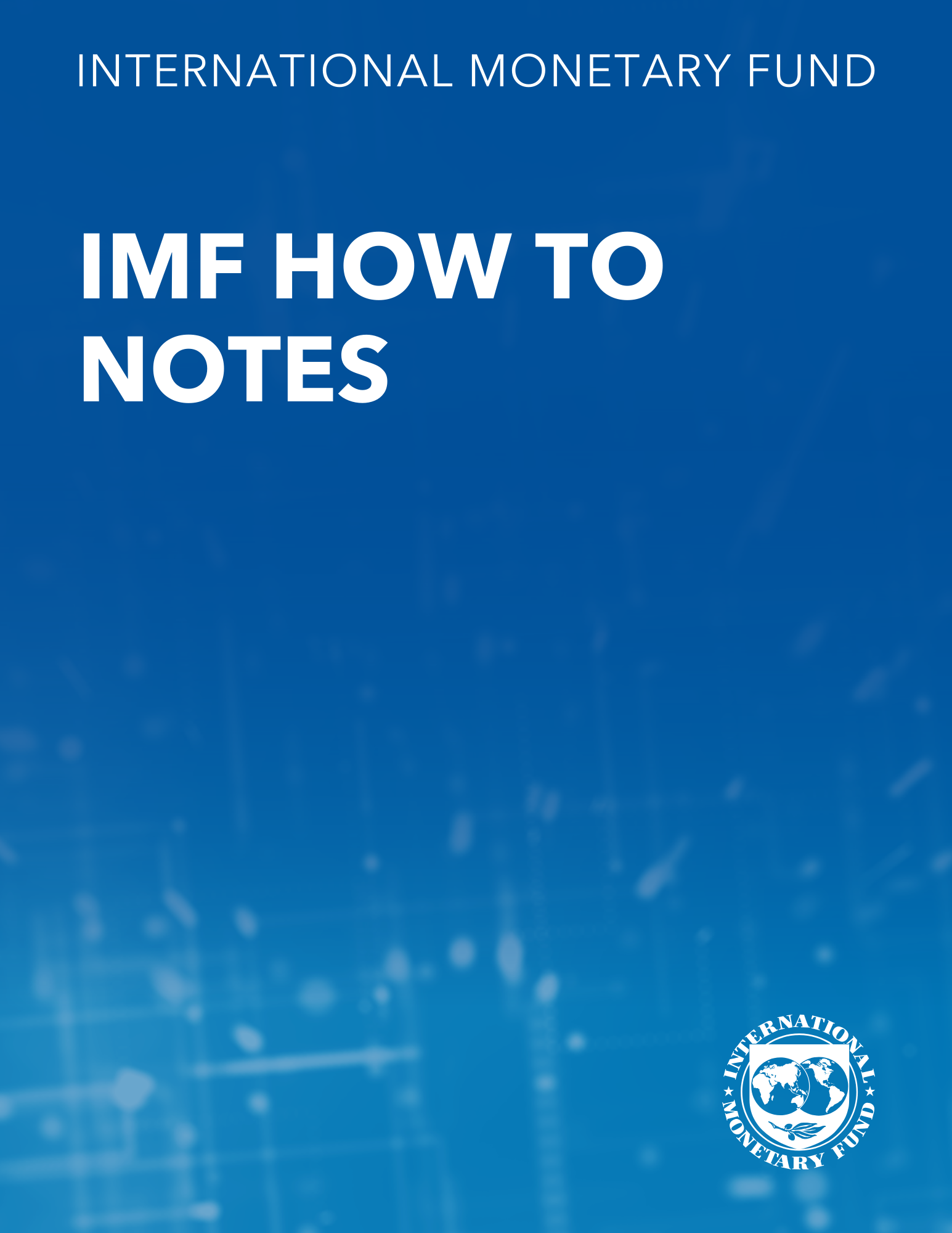Free Trade Areas and Rules of Origin: Economics and Politics
November 1, 2003
Disclaimer: This Working Paper should not be reported as representing the views of the IMF.The views expressed in this Working Paper are those of the author(s) and do not necessarily represent those of the IMF or IMF policy. Working Papers describe research in progress by the author(s) and are published to elicit comments and to further debate
Summary
Incorporating intermediate inputs into a small-union general-equilibrium model, this paper first develops the welfare economics of preferential trading under the rules of origin (ROO) and then demonstrates that the ROO could improve the political viability of Free Trade Agreements (FTAs). Two interesting outcomes are derived. First, a welfare reducing FTA that was rejected in the absence of the ROO becomes feasible in the presence of these rules. Second, a welfare improving FTA that was rejected in the absence of the ROO is endorsed in their presence, but upon endorsement it becomes welfare inferior relative to the status quo.
Subject: Exports, Imports, International trade, Tariffs, Taxes, Trade in goods
Keywords: A. ROOs, binding ROO, Exports, FTA, FTA endorsement, FTA equilibrium, FTA in the absence, FTA price, FTA viability, Imports, North America, Political economy, ROO inclusion, Rules of Origin, supply curve, Tariffs, trade creating FTA, trade diversion, Trade in goods, Welfare, welfare-reducing FTA, WP
Pages:
30
Volume:
2003
DOI:
Issue:
229
Series:
Working Paper No. 2003/229
Stock No:
WPIEA2292003
ISBN:
9781451875492
ISSN:
1018-5941






